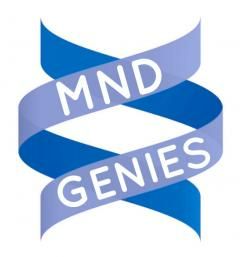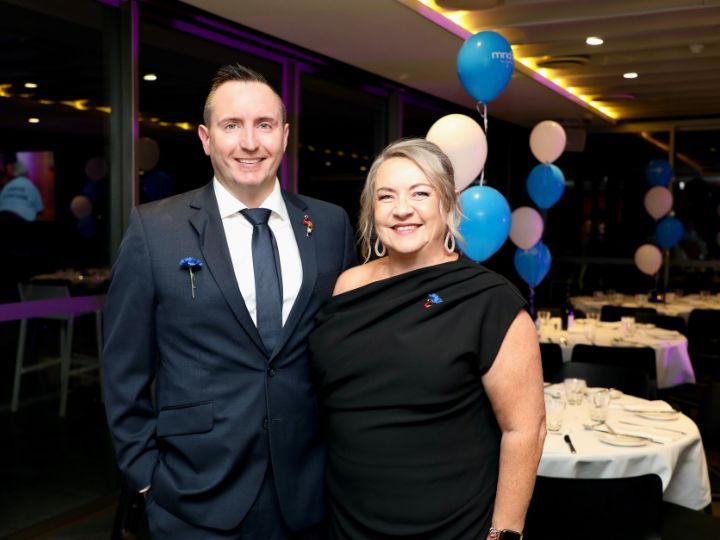There are many worldwide collaborative research projects searching for new and effective treatments for MND and this includes clinical trials. It is important to remember that clinical trials are not treatments, they are scientific experiments to test out potential new treatments.
As a clinical trial aims to find out whether a drug is an effective treatment for MND, there needs to be a comparison made between the trial treatment and a placebo (contains no active compound e.g., sugar pill). This means that trial participants may not receive the new drug under investigation as they will be randomly allocated into different groups. participating in research
Clinical trials are divided into four phases, and the later the Phase of the trial the more steps it has passed through to ensure that the treatment is safe and effective.
BIIB067 (Tofersen)- ATLAS/Valor
Torfesen Developed by Biogen in collaboration with Ionis Pharmaceuticals aims to treat familial MND caused by mistakes in the SOD 1 gene. It does this by using an approach known as ‘antisense’ which involves the drug directly interfering with faulty instructions for making SOD1 protein, therefore stopping the production of the disease-causing substance.
The drug has shown acceptable safety and tolerability during the phase 1 and 2 stages. Early findings revealed that a high dose led to a significant reduction of SOD1 protein levels in the cerebrospinal fluid (CSF) and showed signs of slower progression.
Extended clinical trial for drug Tofersen shows promise in slowing MND progression | MND Association
Atlas
The Atlas trial is currently a phase 3 trial which seeks to determine the best timing to begin treatment with torfersen in people who have the SOD1 mutation but do not show symptoms. This is when a person displays early signs of MND, like nervous system damage, but does not have overt clinical signs of the disease.
Valor
In October 2021 Biogen announced that torfesen (Valor) did not meet its primary endpoint. Signs of reduced disease progression were seen across multiple secondary and exploratory endpoints.
MAGNET (Multi-arm, Adaptive, Group-sequential trial NETwork) Platform trial
Magnet is the first international platform trial which is focussed on finding effective treatments for MND. Due to the nature of the study, there is a higher chance for people to be randomised onto the treatment arms rather than the placebo arm.
The trial currently consists of one sub study to test the efficacy of the lithium carbonate known as the PRELUDE Trial. The trial will use lithium carbonate in people living with MND who have the UNC13a mutation. Early studies suggest that participants who carry the UNC13a mutation may respond better to Lithium Carbonate than those who do not carry the mutation. Further information
WVE-004 (FOCUS-C9)
The FOXUS- C9 trial is a study which is evaluating WVE-004 as a treatment for C9orf72 associated ALS and FTD. C9orf72 are reported to be found in 40% of familial ALS and 8-10% of those with sporadic ALS. C9orf72 normally creates three mRNA variants called V1, V2, and V3. Repeat expansions in V1 and V3 lead to the disease-causing dipeptide repeat proteins (DPRs) and lower amounts of healthy C9orf72 proteins, which play vital roles in neural and immune system function. The WVE-004 drug is thought to be able to attach itself to the mRNA molecules, marking them for destruction which only leave health V2 protein to carry out tis work within cells. In preclinical studies performed on mice, it found that the drug removed over 90% of the DPRs in the spinal cord along with 80% of DPRs in the brain of these mice. Further information
FUS-ALS
This study aims to target a specific genetic form of MND caused by mutations in the fused in sarcoma (FUS) gene. FUS mutations account for 1-2% of all MND cases. FUS is an important protein involved in several aspects of ribonucleic acid metabolism and DNA repair. ION363 is currently being investigated which has been designed to bind and degrade Ribonucleic acid arising from the FUS gene, thereby reducing the level of FUS protein.
A recent study showed a reduction in FUS protein throughout the nervous system in a mouse model following the administration of ION363. The reduction in FUS protein helped preserve surviving, vulnerable motor neurons from the burden of FUS aggregation. For more information, follow this link.
LAM-002A
This study looks to investigate the effect that LAM-002A has on motor neurons that carry the C9orf72 gene. The C9orf72 protein is needed to produce lysosomes in motor neurons, and mutations in this protein lead to the build-up of toxic proteins that are inadequately cleared in lysosomes. LAM-002A is an inhibitor of the PIKfyve kinase that works by clearing toxic protein aggregates within lysosomes. Further information.
Metformin
Metformin is a drug which is commonly used in the treatment of diabetes to control blood sugar levels. This phase 2 trial is looking to investigate it as a treatment for MND for those who have the C9orf72 mutation. In mouse models of MND, metformin has been found to reduce the number of toxic proteins that are made due to the C9orf72 mutation, accumulate in brain cells and improve disease features. The drug works by blocking the protein kinase R pathway that is essential to the production of toxic proteins. This trial is currently recruiting in the US only. For more information follow the following link




